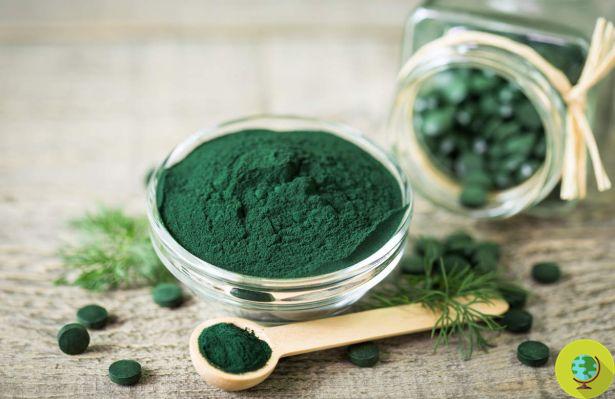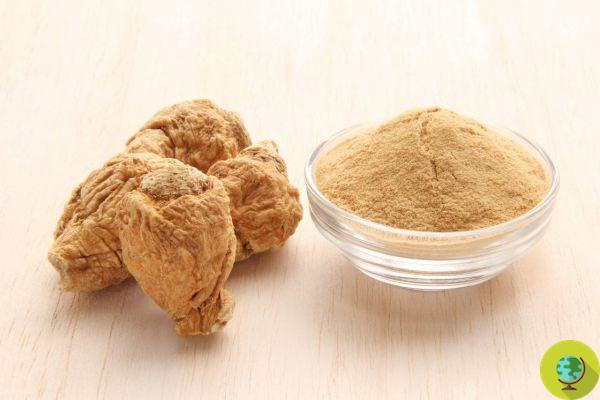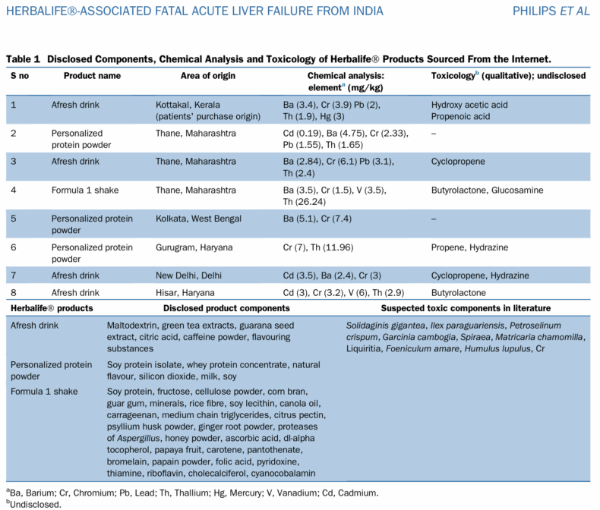
Taking probiotics is not only good for the intestine. A new study has found that there is a beneficial effect on the lungs as well
That having a healthy intestine is essential for our health is now confirmed by several studies. Targeted intake of probiotics in this regard can help, but now new research has found that even the lungs would benefit from these substances.
A surprising effect of taking probiotics is the one discovered by a recent study presented at the Digestive Disease Week conference. Promoting gut health with these supplements would also allow for healthier lungs.
To make this claim, the researchers looked at data from a sample of 220 people who had participated in a previous study on probiotics and weight loss. Their aim was to assess whether the use of probiotics had an effect on the prevalence of upper respiratory tract infections.
The results showed that the researchers' suspicions were correct. In fact, it was seen that in the group that took probiotics compared to placebo there was a '27% lower overall incidence of respiratory problems (including cough, sore throat and wheezing). The effect was particularly strong for participants aged 45 and over, as well as for those suffering from obesity.
The results of this latest study provide interesting, but certainly worth exploring, evidence on the relationship between the gut and the lungs.
As Benjamin Mullish, principal investigator of the study and clinical lecturer at Imperial College London's Division of Digestive Diseases, said:
These findings add to the growing interest in the gut-lung axis - how the gut and the lungs communicate with each other. It is not just the intestine that sends signals that affect the functioning of the lungs. It works both ways. It adds to the story that changes in the gut microbiome can affect large aspects of our health. (..) is further evidence that the gut microbiome has a complex relationship with our various organ systems. It not only affects how our gut or liver works, but aspects of how our whole body works.
A healthy intestine, also thanks to the intake of probiotics, in fact, involves a number of other benefits. Research links gut health to better digestion but also to deeper sleep, a greater sense of well-being, sharper cognitive function, higher energy levels, lower rates of cardiovascular disease, and reduced risk of obesity.
While actual supplements may help, some research supports the idea that we should consume probiotic or prebiotic foods such as kefir first. (Read also: Fermented Foods: Natural Probiotic Supplements).
For example, a study published in Nature Medicine found significant changes in the good gut bacteria of those who consumed foods such as fermented dairy products, vegetables, nuts, eggs, and seafood. According to co-author of that research, Sarah Berry, of the nutrition science department at King's College London, study participants with more good microbes from healthy diets tended to have less body fat, less inflammation, lower blood pressure. , and good blood sugar regulation.
Read all of our articles on probiotics.
Fonte: Digestive Disease Week
Read also:
- Prebiotic supplements, what happens to anxiety and your mood if you consume them every day
- Probiotics and 'lactic ferments': are they really useful? What about antibiotics?
- Probiotic supplements: this is why "lactic ferments" do not always work


























